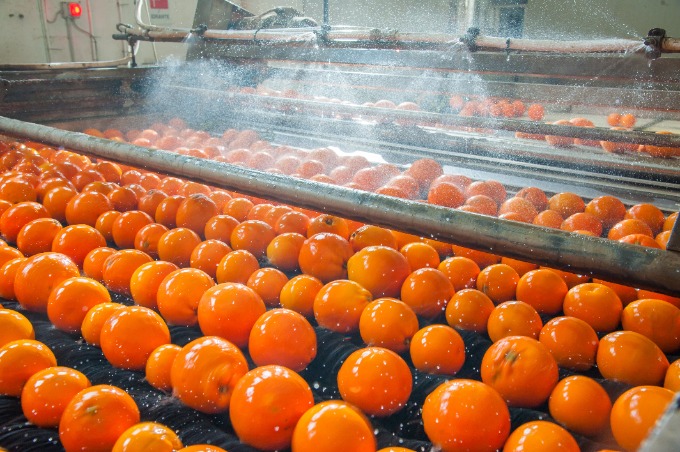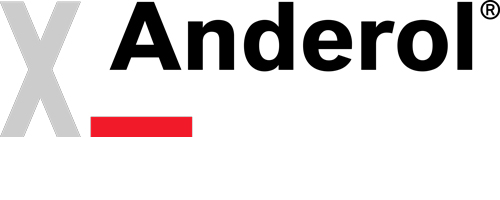This website uses cookies to optimize/enhance your user experience. Cookie information is being stored in your browser helping the websites to recognize you on your next visit while analyzing which content might be the most appropriate or interesting for you.
Articles

Success story: Eliminating Carbonization in Glass Mouth Cutting Machines with Anderol® 750
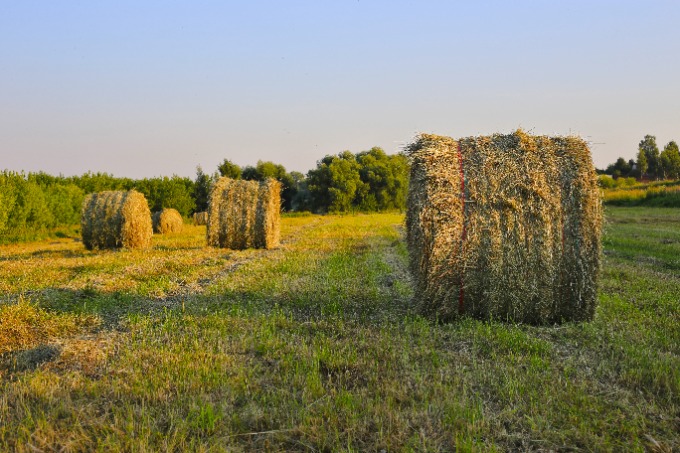
Success story: Anderol® in alfalfa pellets

2023 Highlights

Change over and Oil analysis as a maintenance tool

Lubrication solutions for the fish & seafood industry
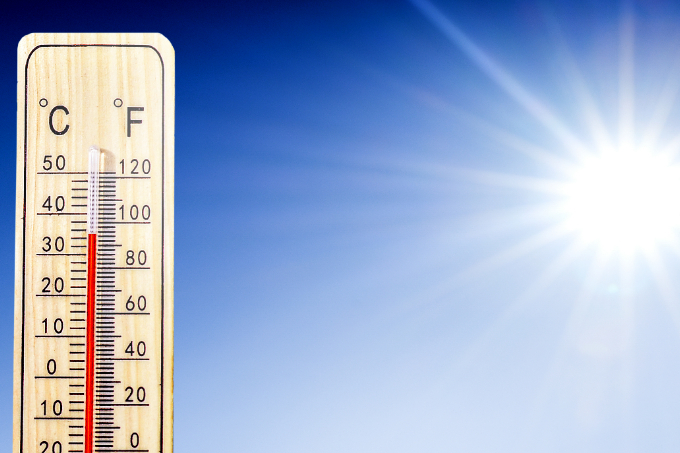
Lubricant performance in hot weather
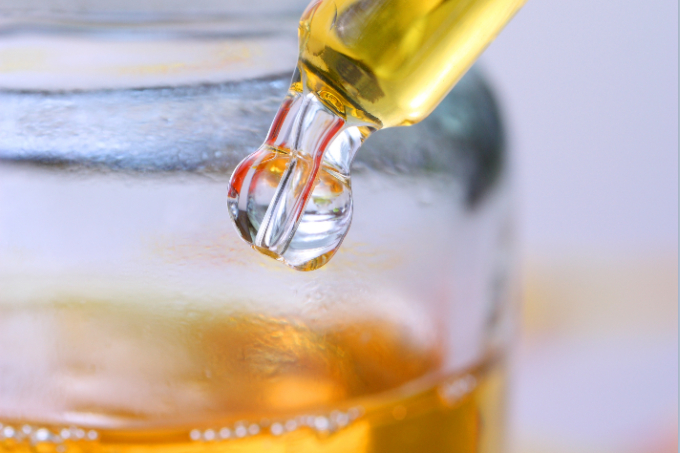
Oil analysis procedure and guidelines

How the right lubricants save energy and how to measure effectiveness
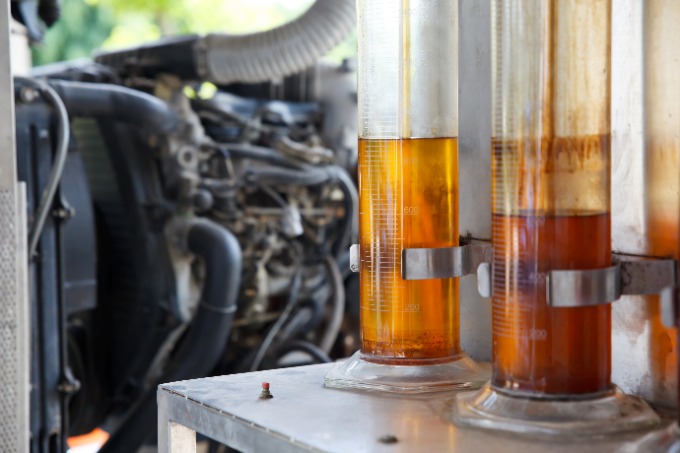
The importance of regular oil analysis

What to do when a lubricant foams?

Get ready for the New Year lubrication tips
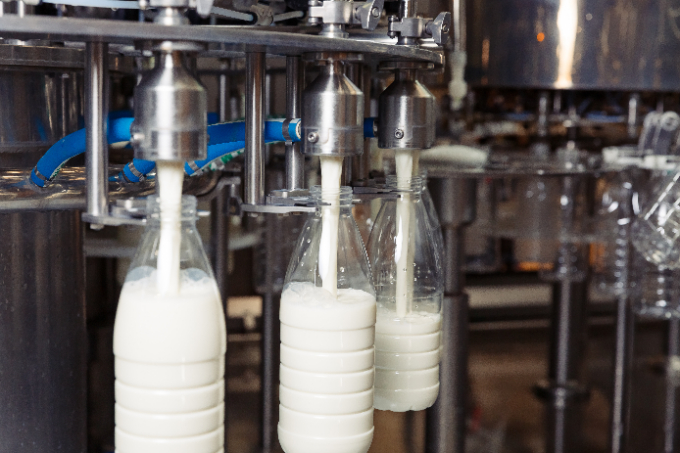
Lubricants for the modern dairy processing plant
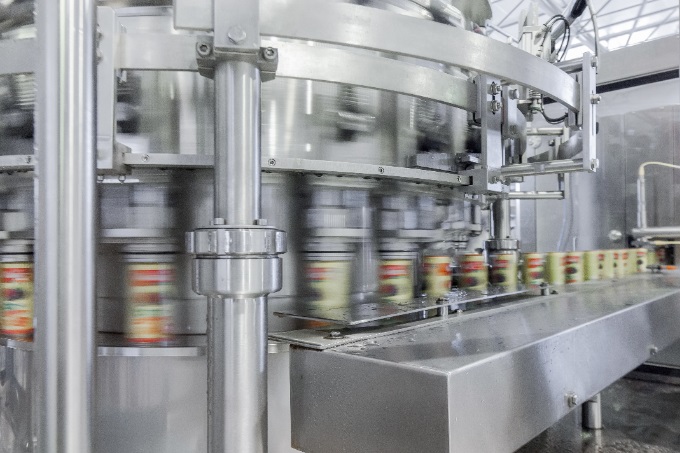
A guide to lubricants in the food canning process
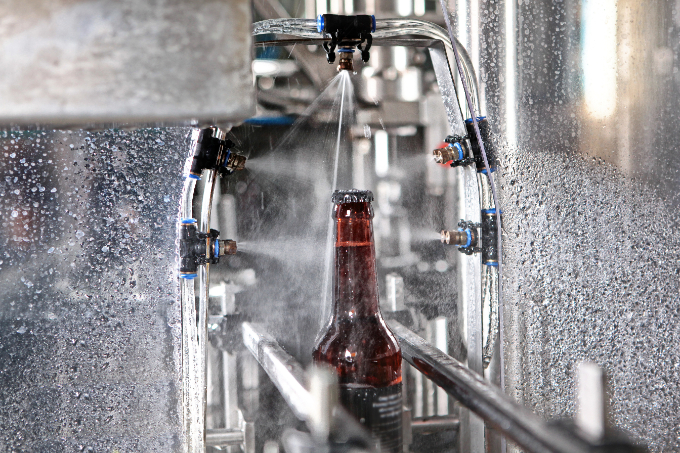
Lubrication solutions tailored to the modern brewery
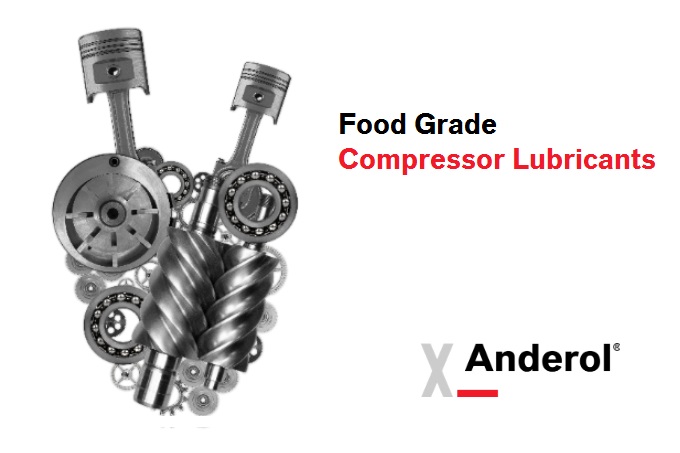
Selecting the right food grade lubricant for your compressor
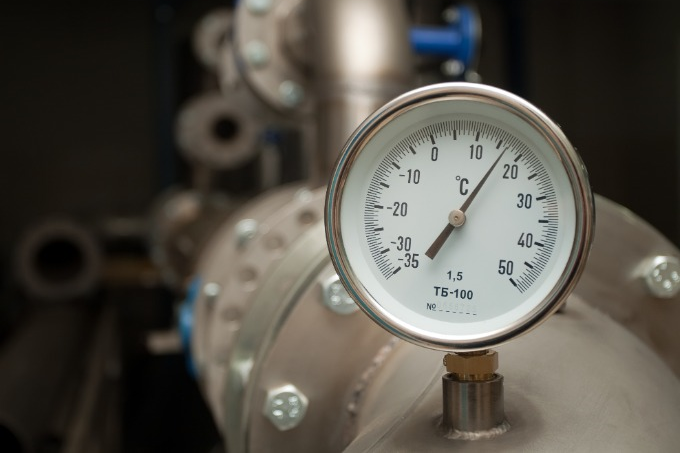
How to determine the operating temperature
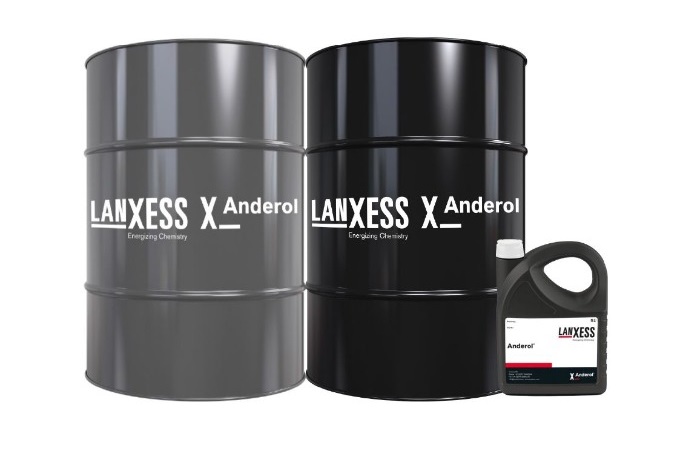
Handling and Storage Guide Lubricants and Greases
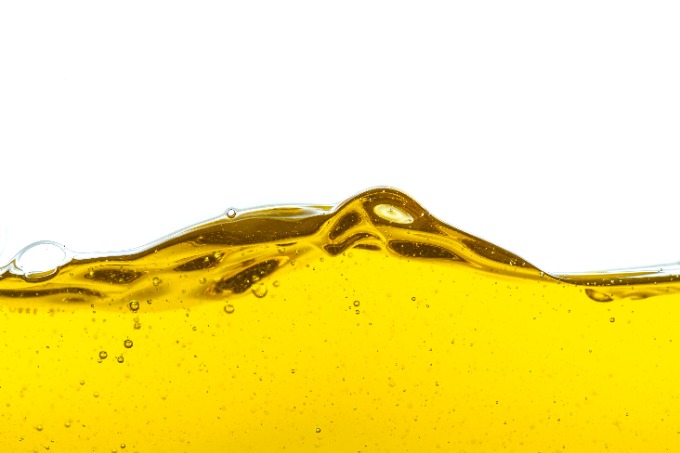
Importance of oil viscosity
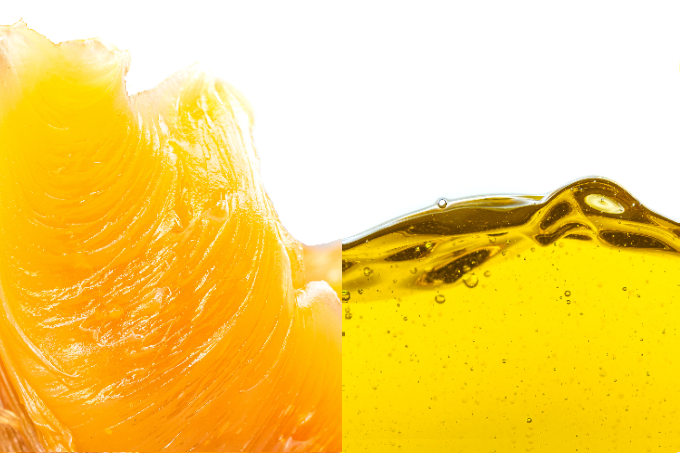
Grease versus Oil – which one to use for lubrication
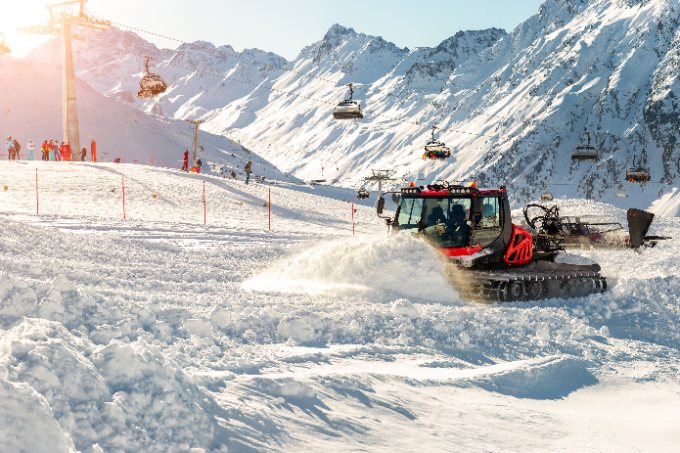
Lubricant performance in cold weather
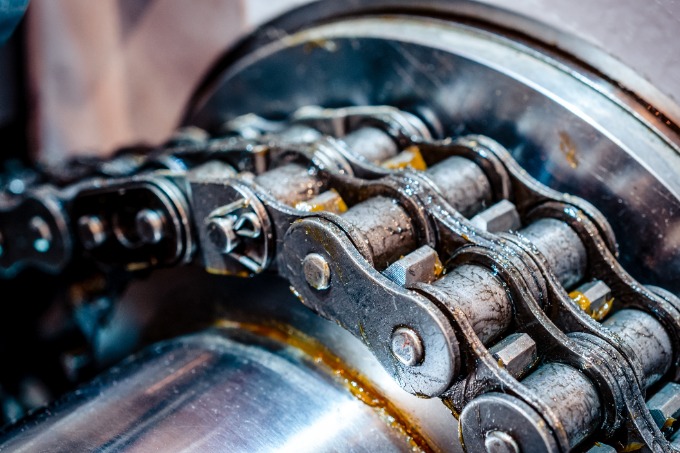
5 lubrication mistakes that damage your equipment
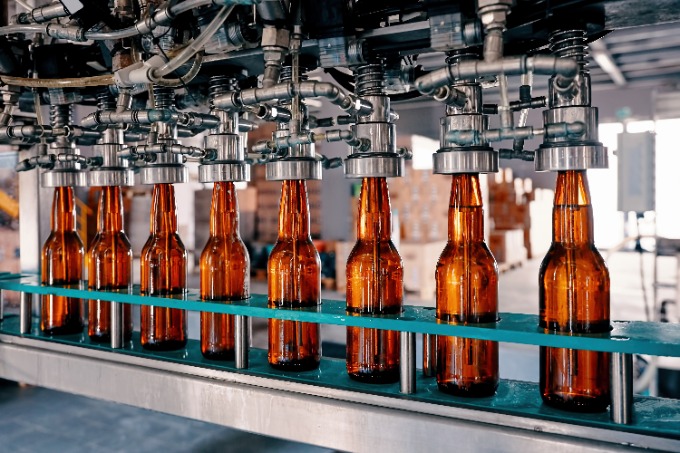
Lubricants in the brewing Industry

Lubrication efficiency 5S strategy
